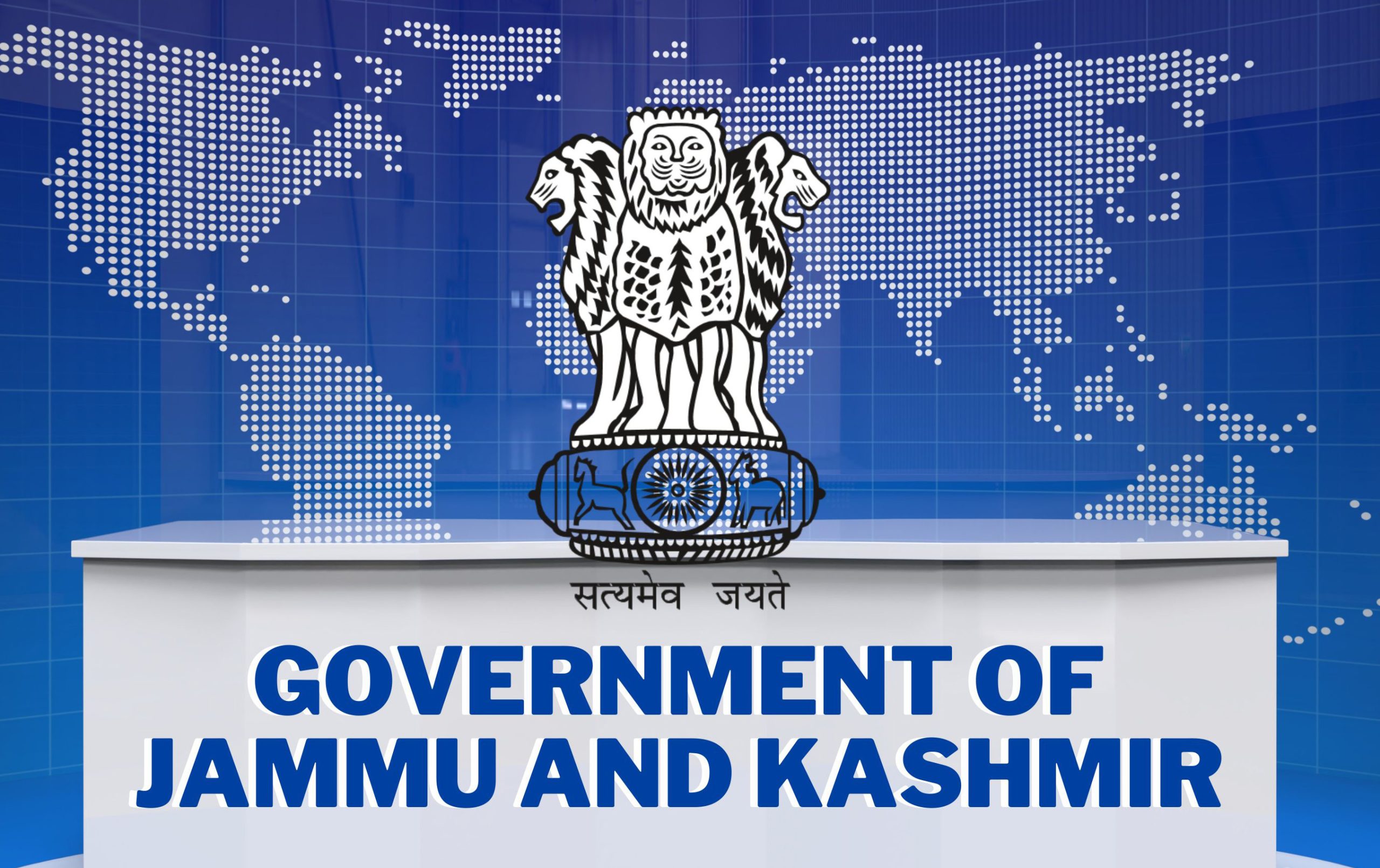Posts at various levels including top ranks to be raised
UT Admn completes formalities, MHA to take call soon
Sanjeev Pargal
JAMMU, Apr 4: The Union Territory of Jammu and Kashmir will shortly have sanctioned strength of IAS officers raised to 165 from present 145 as a proposal to this effect has been approved by the Government and sent to the Union Home Ministry for clearance.
“This will help Jammu and Kashmir overcome shortage of IAS officers to quite an extent as presently a number of IAS officers have been posted here from other States/Union Territories on inter-State deputation for a period ranging between two to five years,” official sources told the Excelsior.
They said the exercise to this effect has been completed on part of Jammu and Kashmir Government and the Union Home Ministry will now shortly take a call to this effect.
Posts at almost all levels have been increased to take the strength to 165, they added.
“Increase in sanctioned strength of IAS was necessitated as Jammu and Kashmir was facing shortage of officers at various levels prompting the Union Home Ministry and Department of Personnel and Training (DoPT) to deploy many officers from other States and UT to J&K on deputation basis to meet the shortage,” sources said, adding that once J&K gets full quota of its sanctioned strength it won’t require deputation of the officers.
Sanctioned strength at the level of Financial Commissioners, Principal Secretaries, Commissioner/ Secretaries, Secretaries etc will go up once the proposal to raise the strength is cleared, sources said.
They added that services of all officers, who are on deputation to the Union Territories of J&K and Ladakh are being regularly monitored by the MHA as well as DoPT.
Besides officers from AGMUT cadre, of which Jammu and Kashmir is now part, a number of IAS, IPS and other AIS officers from different States/UTs are presently on deputation not only to Jammu and Kashmir but also Ladakh.
In view of shortage of officers, the Union Ministry of Home Affairs had invited requisitions from the AIS officers for posting in Jammu and Kashmir and Ladakh.
A number of officers including natives of the two Union Territories, who were posted in other States and UTs, had responded to the requisition and opted for the postings here.
“Both the UTs of Jammu and Kashmir and Ladakh are short of IAS and IPS officers due to different reasons. Ladakh is being fed by Jammu and Kashmir not only in terms of IAS and IPS officers but also JKAS and JKPS etc as it was part of J&K till the erstwhile State was bifurcated into two Union Territories after abrogation of its special status on August 5, 2019.
“The deployments of officers on deputation to the two UTs are primarily aimed at overcoming shortage of officers,” sources said.
“Presently, a number of IAS/ IPS and JKAS/JKPS besides other officers/officials from Jammu and Kashmir have been posted in the Union Territory of Ladakh to run the affairs there. This has also resulted into shortage of officers in Jammu and Kashmir,” sources pointed out.
Jammu and Kashmir at present has sanctioned strength of 145 IAS officers.
Few months back, the DoPT issued a notification allocating 65 senior duty posts of AGMUT to Jammu and Kashmir in Indian Administrative Services, 70 in Indian Police Services and 58 in Indian Forest Services.
Earlier, the Union Ministry of Home Affairs (MHA) had extended deputation of All India Services officers to Jammu and Kashmir and Ladakh, who were sent to the two Union Territories in view of shortage of the officers. As Jammu and Kashmir and Ladakh are yet to come out of shortage of officers, a decision was taken that all AIS officers posted in the two Union Territories will be granted extension.
However, the AIS officers, who want to return to the Centre or States, where they were posted before proceeding on deputation to Jammu and Kashmir and Ladakh, will be allowed to leave the Union Territories, they said, adding the MHA is ready with a list of AIS officers who could be deputed to the two UTs following return of officers from the deputation as shortage of IAS officers still exists.


